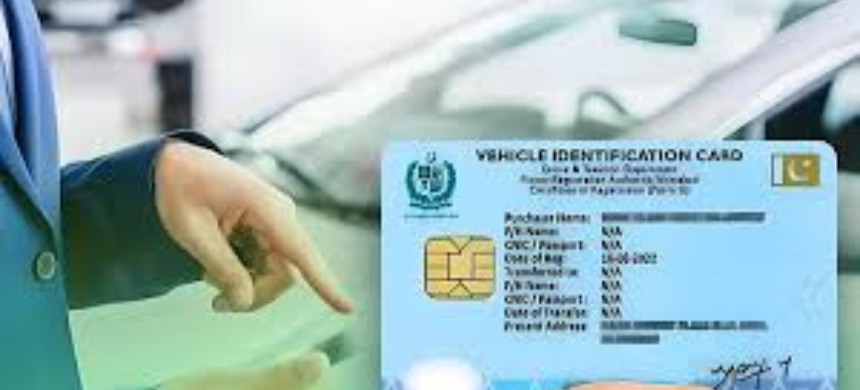The Excise and Taxation Department is set to launch advanced technology aimed at tackling vehicle theft, counterfeit number plates, and fake ownership transfers, marking a major step towards turning Islamabad into a “digital city.”
As part of this initiative, Islamabad will be the first city in Pakistan to introduce RFID (Radio Frequency Identification) tags on vehicle windscreens. These will act as a “third number plate,” containing unique vehicle data for real-time tracking and authentication.
According to Director Bilal Azam, this RFID system will be integrated with Safe City Project cameras, enabling authorities to quickly trace and identify stolen vehicles. “Currently, vehicles have two plates — front and rear. We’re adding a third in the form of an RFID tag on the windscreen, connected to Safe City systems for real-time monitoring,” he explained.
Already used in many developed nations, RFID technology enhances traffic enforcement, improves public safety, and ensures transparency in vehicle records.
In addition, traditional vehicle registration documents in Islamabad will be replaced by digital vehicle cards. These cards will store all vital vehicle information and can be accessed through Pak-ID or mobile wallets, removing the need for physical documents. “The card can be downloaded via Pak-ID or added to your phone wallet. Biometric verification and electronic consent will make vehicle transfers faster and more secure,” Azam added.
To curb fraudulent transfers, the department will implement biometric and e-consent systems for verification during vehicle sales.
The new system will also connect with Islamabad’s digital parking infrastructure, allowing users to pay parking fees via digital cards, monitor token taxes, and support automated enforcement of traffic laws.
Read more: Luxury Vehicle Import Prices Plummet Following Budget Announcement











